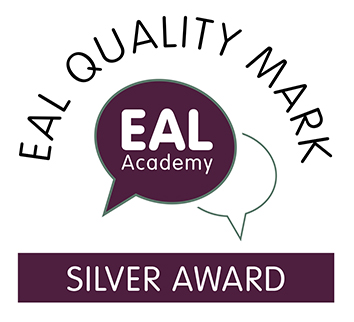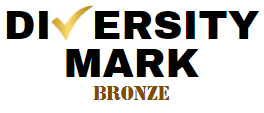SMSC
SMSC stands for the Spiritual, Moral, Cultural and Social education that a school delivers. Marshalls Park has been judged to be delivering this to a ‘good’ standard. Below are some examples of how we provide this education and social media posts also give a flavour of the range of events that occur to help deliver this.
Spiritual Education: students are given the opportunity to be creative, imaginative and reflective in a range of lessons across curriculum areas. Lessons also encourage students to enjoy their learning and show curiosity about the world around them. Representatives from local faith groups have delivered assemblies and run mentoring clubs. Prayer spaces are made available. The school runs annual Trips to Auschwitz to enable students to reflect on these humanitarian issues
Social Education: Students are encouraged to work collaboratively and co-operatively together in a range lessons through group work. Extra-curricular activities such as school productions, sports teams and trips ensure that the range of students participating is diverse, inclusive and enables students of different ages, abilities and backgrounds to work together. The school’s behaviour codes reinforce respect for others. Recently, students in each year group have been involved in sessions delivered by outside speakers exploring Anti-Racism and the LGBTQ+ community. which have involved looking at issues of media stereotyping, propaganda (including through social media), diversity and preventing alienation of groups and individuals.
Moral Education: The school discipline structure, Code of Conduct and our rewards systems reinforce the difference between right and wrong and emphasises the consequences of behaviour and actions. This is also enhanced by close liaison with the local community police officers who visit the school to deliver assemblies and support our students. Various subject areas include units of work on moral and ethical issues, with examples such as: animal rights; Amnesty International’s work on preventing torture; online safety; ethics in science case studies; the World War II Holocaust; providing ‘Water Aid’ to African villages; and healthy relationships and domestic violence. Our rota of assemblies include raising awareness of, for example: Human Right, Refugees, Diversity and the Environment
Cultural Education: Students engage in a range of activities that emphasise the values of democracy, law, liberty, respect and tolerance. These include our Prefect and School Council systems which encourage students to take on roles of responsibility. Curriculum areas ensure that their lessons. Form Groups are involved in a weekly Quiz which looks at national and international news and current affairs topics. The school engages with voting on issues to be be represented at the UK Youth Parliament. Our Diversity, Inclusion and Equality group is increasingly working on initiatives to raise awareness about different cultures, their experiences and celebrations. Assemblies have topics such as World Book Day, Fair Trade, the launch of the NHS, the importance of libraries, International Women’s Day. Most recently the school invested in a series of cultural Capital Days that involved every Year Group gaining enrichment experiences. These included: a residential the WW1 battlefields in Belgium, visits to London Zoo, the Globe Theatre, Lords Cricket ground and tour of Jack The Ripper’s London








